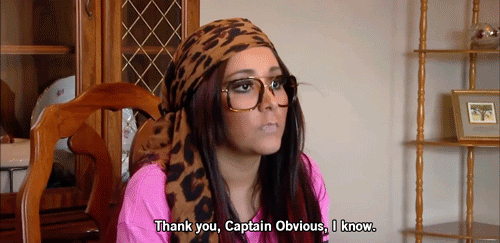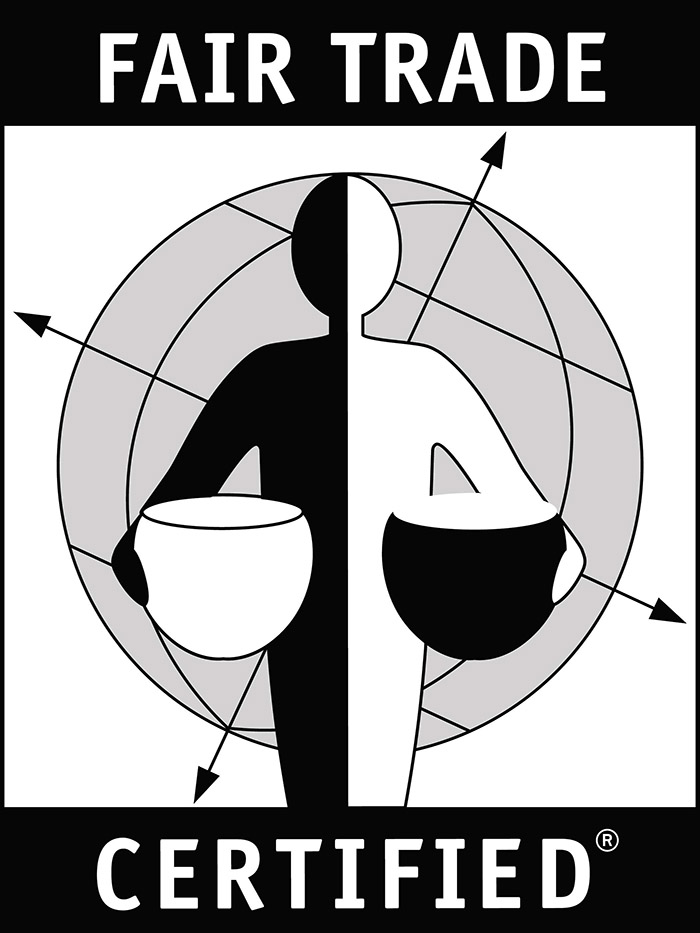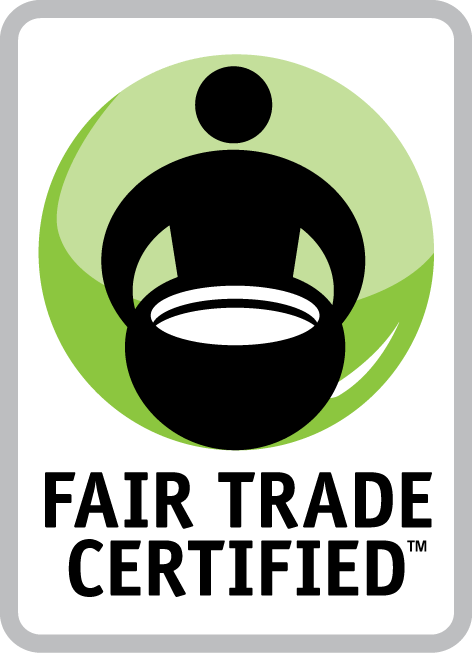Is Organic Cotton Really Better?
In the world of "going green," organic is having its moment. Organic food. Organic booze. And in sustainable fashion, the talk has been all about organic cotton.
Basically, Organic Cotton is Hansel.
I was asked recently by someone on Facebook for my thoughts on organic cotton and whether I would consider it "ethical." Rather than write a painfully long comment, here's a slightly more well-thought-out and researched blog post.
When I personally think about fashion for good, I divide everything into three categories:
- Ethical Fashion: Cares about workers' rights and wellbeing
- Sustainable Fashion: Cares about the Earth's wellbeing
- The Holy Grail: Ethical + Sustainable Fashion
Just to play Captain Obvious for a second, sustainable does not equal ethical.
Less-Obvious Dirty Laundry: organic does not mean more sustainable OR more ethical.
I am really glad I was asked about organic cotton, because I have always operated under this assumption that organic would naturally (ha, green pun) mean more sustainable.
My research says "Actually...nah."
Remind me to send the planet a sincere apology card and a Chipotle gift card.
I did all this damn depressing research on organic cotton this afternoon and basically get why so many people have been saying that "organic" doesn't necessarily mean better. If you'd like to read more in-depth research on the subject, check out this piece from Fashion Hedge.
- Organic farms produce less, on average, but many need more land than non-organic farms (for things like manure, which needs more "shadow land").
- Organic does not mean non-toxic. There are indeed organic pesticides that are considered toxic, meaning workers using any toxic organic pesticides are still putting their health at risk, and the planet is not necessarily better off. WTF.
- USDA Certified Organic does not mean natural. There is a list of synthetic pesticides that can be used under the Certified Organic designation.
Basically, certified Organic Cotton may be more expensive, but it doesn't mean anything for labor rights, and doesn't necessarily mean it's greener than non-organic. It's not bad, but like...it ain't that great, either.
SIDENOTE: In understanding this, I am really fucking pissed when I read articles like this one which greenwash with claims that organic cotton = better health, because it's a half-truth. If someone writes an article like that and doesn't cite any sources, question everything. I'm 100% game for anything that leaves the planet healthier and happier, but don't lie to me if the whole picture reveals a few turds off to the right. And let me tell you, that article is framed in shit. (End rant)
SO...what's an ethical fashion lover to do? Ban organic cotton? Screw it, buy whatever, 'cause the whole world's gonna burn anyway?
What Yeezy said.
Being organic just ain't enough to protect us all, but Fair Trade cotton is as close to the almighty holy grail as we have right now. It's not perfect, but as far as I've found, it's the best thing going.
Why I Love Fair Trade:
The movement puts workers' rights and well-being first. From the Fair Trade USA website:
"Our rigorous social, environmental and economic standards work to promote safe, healthy working conditions, protect the environment, enable transparency, and empower communities to build strong, thriving businesses."
- It's eco-friendly: Sustainable farming practices are built into the fabric (fashion pun intended) of International Fair Trade certification.
- It empowers women: This article from Guardian UK claims that the sale of pesticides and fertilizers have been controlled by men, but Fair Trade has helped women cotton farmers get their businesses off the ground sans these patriarchal pest controllers.
Fair Trade itself doesn't require farmers to be organic, but does stress more sustainable methods, which I personally consider a win-win, given what I now understand about the nature of certain certified-organic pesticides.
Fair Trade cotton has me like.
But wait, there's more...
I'm also really, super into B Corporations. A few years ago in my days as a book publicist, I got to work for a super wonderful B Corp-certified publisher who published the B Corp Handbook. The standards for B Corp Certification are high, which I love.
In their own words, here's what B Corps are:
"B Corps are for-profit companies certified by the nonprofit B Lab to meet rigorous standards of social and environmental performance, accountability, and transparency."
Change-maker companies like Patagonia, Oliberte shoes, Eileen Fisher, and Reformation count among a growing list of socially and environmentally conscious B-Corp-certified apparel companies.
OK, let's wrap it up.
I'm not suggesting we all skip organic cotton, because that's throwing the baby out with what I sure hope is otherwise mostly clean bathwater. I AM suggesting that it's not enough.
If you want to shop ethically, go a step further though and support Fair Trade and B Corp businesses, because they appear to be doing a better job of addressing the problems from a 360 vantage point.
When shopping for anything – not just clothes – look for labels like these:
Am I missing something? Have more to add to this? I'm turning comments ON with this post. Leave me a note.








